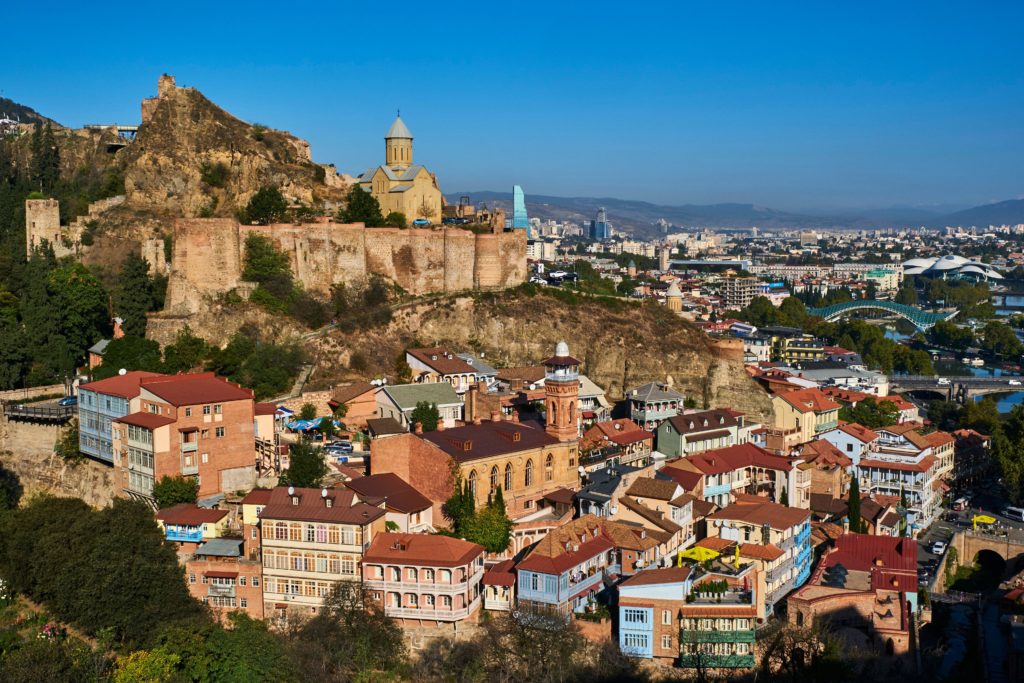TBILISI
Georgia’s government has drafted a programme aimed at subsidising domestic companies to support the economy still recovering from the impact of the COVID-19 pandemic.
The South Caucasus country’s Economy Ministry presented a project, which envisages the allocation of loans of up to 10 million lari ($3.2 million) to companies focused on exports.
It’s not clear yet the total amount of the project and how many companies will be able to participate.
The goal of the programme is to increase export potential and support entrepreneurship in the country of 3.7 million by expanding and re-equipping new or existing enterprises, supporting the entrepreneurial entity, and replacing imported goods with locally-produced ones.
The main terms of the programme include allocating co-financing loans at the refinancing rate of minus 5 percent, the loan guarantee is 60 percent of the loan amount and grants in amounts of 15 percent of the loan and not more than 500,000 lari. Duration is 10 years and the loan amount ranges between 50,000 lari to 10 million lari.
The programme also supports development of agro- and eco-tourism as it will finance local and international info-tours, staff training and will provide funding for participation in tourism exhibitions.
Georgia continued to demonstrate economic growth in the first seven months of this year as the country eased the majority of the restrictions it had imposed to curb the coronavirus pandemic, businesses reopened and tourists tentatively started to return.
Gross domestic product (GDP) grew by 12.2 percent year-on-year in January-July after contracting 5.8 percent in the same period last year, the National Statistics Office said earlier this week. In July alone, the economy expanded by 9.9 percent, compared with a 5.5 percent contraction a year ago. Growth was recorded in all sectors of the economy except for the mining industry and construction.
Georgia’s highly tourism-reliant economy has been hit especially hard by the COVID crisis and lacks the resource-extraction or manufacturing base that has helped cushion the blow in some other ex-Soviet countries.
The country started its economic recovery in April when it recorded 44.8 percent year-on-year growth. Economic recovery continued to gather pace in May and June as pandemic restrictions eased.
The country brought some restrictions back in August amid a hike in the number of infections and fatalities.
In July, Georgia revised its economic growth forecast to 7.7 percent from a previous projection of 4.3 percent in 2021 amid signs of economic recovery and in line with the International Monetary Fund’s (IMF) current projection.
The ex-Soviet country’s parliament has also lowered the budget deficit to 6.9 percent from 7.6 percent and the government’s debt to 54.6 percent of GDP.
The IMF said last month that Georgia’s GDP was now projected to grow 7.7 percent in 2021 and 5.8 percent in 2022, but a slow vaccination campaign and political uncertainty could slow the economic recovery.

